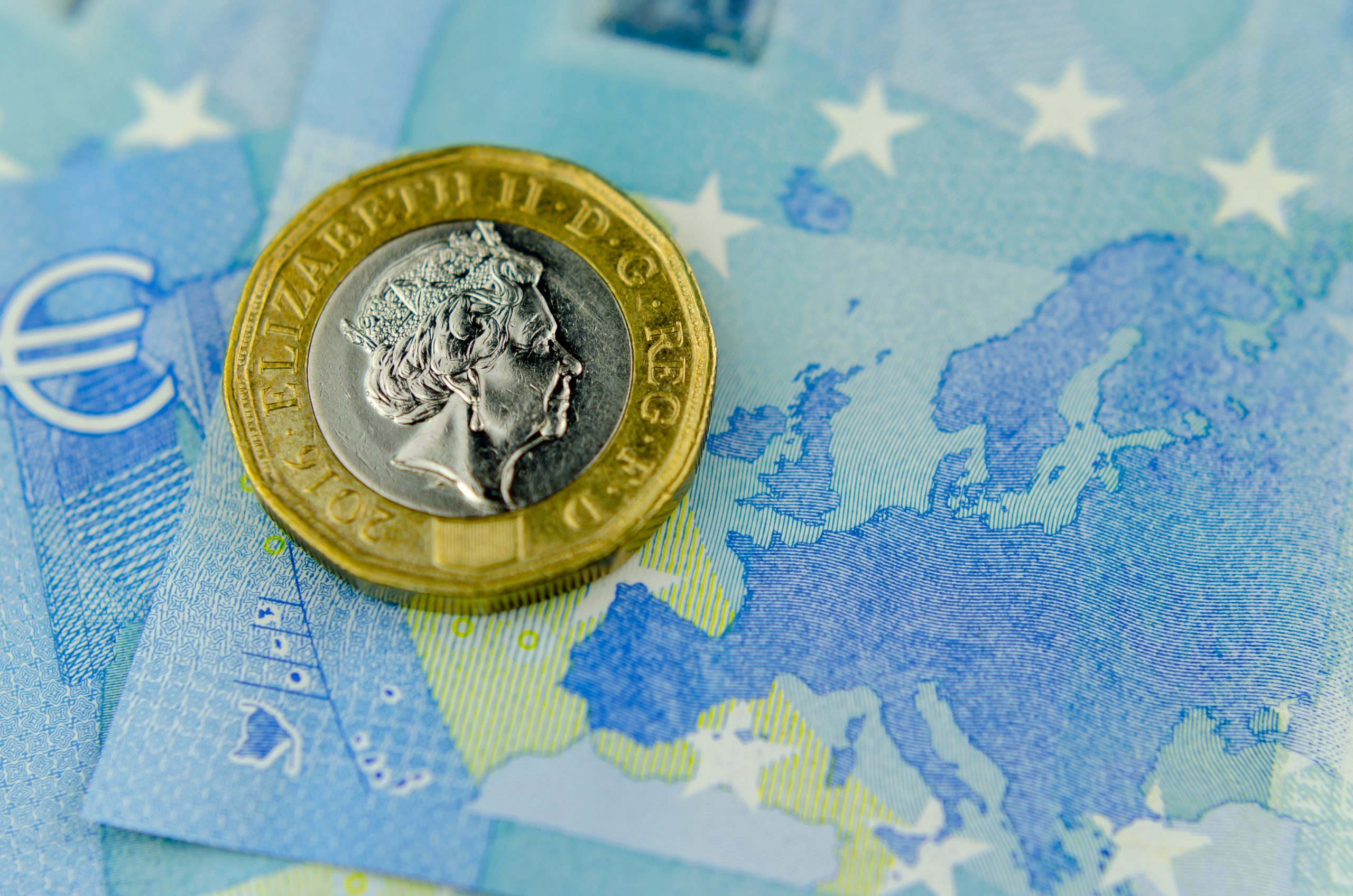Pound Euro (GBP/EUR) Exchange Rate Drops as Covid Fears Weigh on Pound
The Pound Euro exchange rate has dipped this morning as confidence in the Pound weakens due to fresh COVID-19 fears and Brexit headwinds.
At time of writing the GBP/EUR exchange rate is at around €1.1761, which is roughly -0.3% down from this morning’s figures.
Pound (GBP) Falls as Prices Rise at Record Rate
The Pound has fallen against the Euro this morning but risen against its other competitors as the country introduces fresh measures to combat the COVID-19 Omicron variant.
Despite the market uncertainty, Sterling could see a boost from investors today as the Confederation of British Industry (CBI) released a report citing that costs in the country’s service sector are rising at their highest rate in 20 years.
Investors will be eyeing this data with interest, as rising consumer inflation will place additional pressure on the Bank of England (BoE) to raise interest rates early. Analysts now see only a 60% chance of a December rate hike due to the presence of the Omicron variant, although any speculative bets by investors are likely to push the Pound higher.
Sterling is also likely to see continued Brexit-related headwinds, as both the UK-France fishing dispute and negotiations between the UK and EU regarding the Northern Ireland protocol continue to rumble on.
Euro (EUR) Climbs amid Soaring Inflation
The Euro (EUR) has risen against its rivals today as inflation in the Eurozone soared to a record rate of 4.9% in November.
The rate is the highest since the zone’s inception in 1999 and, despite the European Central Bank’s (ECB) dovish tone, is likely to stoke speculation of an interest rate rise ahead of schedule.
ECB President Lagarde has made it clear on a number of occasions that the central bank would not raise rates early, although other members of the ECB’s Governing Council have expressed more hawkish sentiments in the run-up to the release of today’s figures. Additional pressure to hike rates early may well come Germany which saw inflation reach 6% this month.
Additional pressure on the currency is also likely to come from the developing Covid-19 situation in Europe, as additional countries introduce restrictions in order to combat a spike in cases and the newly identified Omicron variant. Further travel restrictions or lockdowns are likely to drive the Euro down as investor confidence wanes.


Comments are closed.